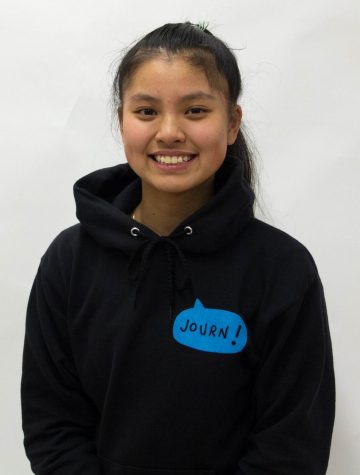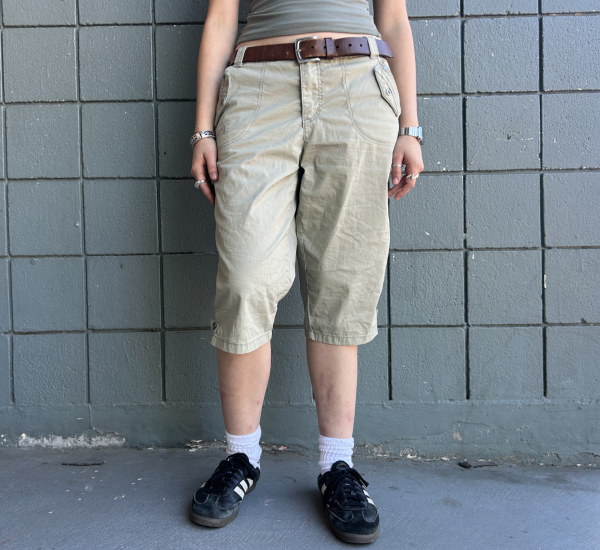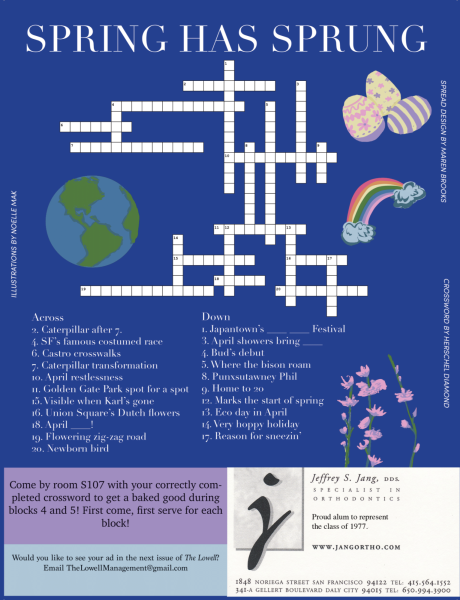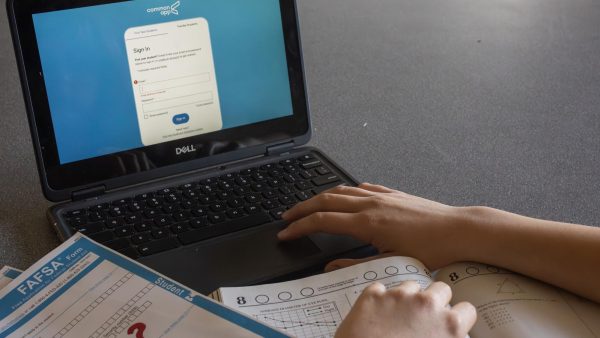New year, new staff: Meet your new teachers, part 2
Anne Marie Ullman, Drama teacher
By Susan Wong
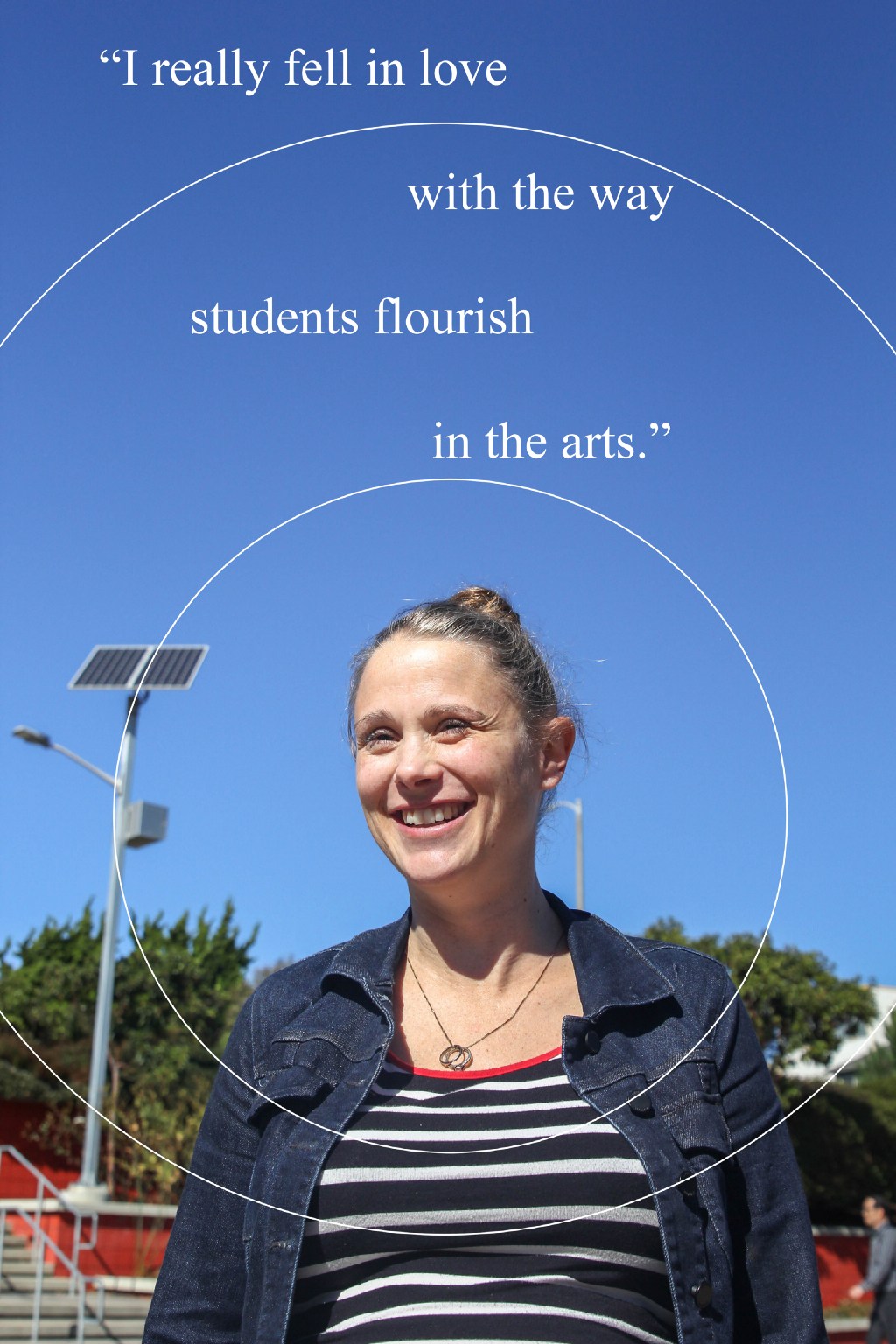
Lowell alumni Anne Marie Ullman is the Video Production, Advanced Drama and Drama 1 and 2 teacher. Ullman also directs the fall plays and spring musicals at Lowell.
Ullman has been teaching for five years. Prior to teaching at Lowell, she had a dual job in Cambridge, Massachusetts, teaching theater to K-12 students at Cambridge Rindge and Latin School and working as a district-wide administrator for the Cambridge Public Schools District. Ullman has been directing for over 10 years, from running a summer theater company with her brother to directing plays at high schools and colleges. Ullman’s mother, Teresa Bookwalter, who taught English and drama, retired last year after over 20 years of teaching at Lowell.
What made you want to become a teacher?
I think when I was in my early 20s, I was lucky enough to get a job where I was involved in arts education, and I really fell in love with the way students flourish in the arts. From that experience I was inspired to get my masters in education. So, it was working with students and seeing how all students really are artists and they have so much to offer. So I really wanted to work to sort of help children express themselves.
What was the job that you had in your 20s?
I was the director for the Young People’s Teen Musical Theater Company, which is a really long name, through the Rec and Park department of San Francisco. It’s a free musical theater program for kids in SF — high schoolers.
When you were younger did you really think about pursuing a career in the arts?
I didn’t really get interested in art until theater in high school, and I didn’t really know what I wanted to do with it. I found that actually there are a lot of parallels with logic and mathematics and theater, like the way you build towards the plot. I like to dissect it mathematically, so I was making that connection. Being able to fulfill the story in a logical way is what really drew me to doing theater and wanting to pursue it. This idea that it’s almost like a lab, you do experiments and you see what works and what doesn’t work and you try to get reactions from the audience. I really fell in love with the idea of a lab and the building of the plot in a very logical sense to make it readable to the audience.
Did your mom being a teacher here at Lowell influence you in the path that you decided to take?
I mean how can I say no to that, right? I think it definitely influenced me. Until I was out of high school, my parents never talked about theater, and my mom started teaching drama or doing the plays the year after I left Lowell, so she was an English teacher here. Although both my parents met doing a play, they didn’t want to push it on us. We didn’t even know they were theater people until we were much older, which is really funny but I definitely think that having a mom who runs a theater program sort of inspired me to think, “Well, you can have a life in the arts and you know it’s doable, you can make it work.”
Have you directed any plays outside of Lowell and what have you directed?
I have directed in Boston and I was directing plays at colleges and at the high school there. I had my own theater company for a while with my brother. My brother is a set designer and now he’s a graphic designer, so for 10 years we ran a summer theater company and we would do plays every summer with adults like 18–25 year olds, so I’ve been directing for quite some time. Sometimes it feels like, “Oh gosh, I’ve been doing it a long time, but each new play feels fresh.”
What has been the biggest challenge in your career so far?
I think my biggest challenge in my career has to do with the arts getting more and more marginalized due to the emphasis on STEM. It’s just strange to me that some other districts don’t put the A in for the arts (STEAM) because I do think through the arts students can learn how to make connections in other classes and really be compassionate about other academic subjects and vice versa. I really think good mathematicians are excellent musicians and can find connections that way, like I said in directing using a lot of geometry, so I struggle with this idea that these things should be kept separately instead of together. In the way that I teach, I try to encourage students to make this sort of connection from one discipline to the other.
How about your biggest reward in teaching?
My biggest reward is when I see students gain a tool of expression and how to express their worldview through the arts or through theater or through making a video. And when they share it with an audience, because I think a lot of times we push down our emotions to sort of push through the day, and I think that maybe that isn’t a good thing. Maybe, if we allowed ourselves to express,and we can do it in a healthy way, it not only pushes the one artist or the group of artists forward, but it pushes those who consume the art to progress. So, I really love when students feel they can express emotion.
Scott Fortin, Math teacher
By Michelle Kim
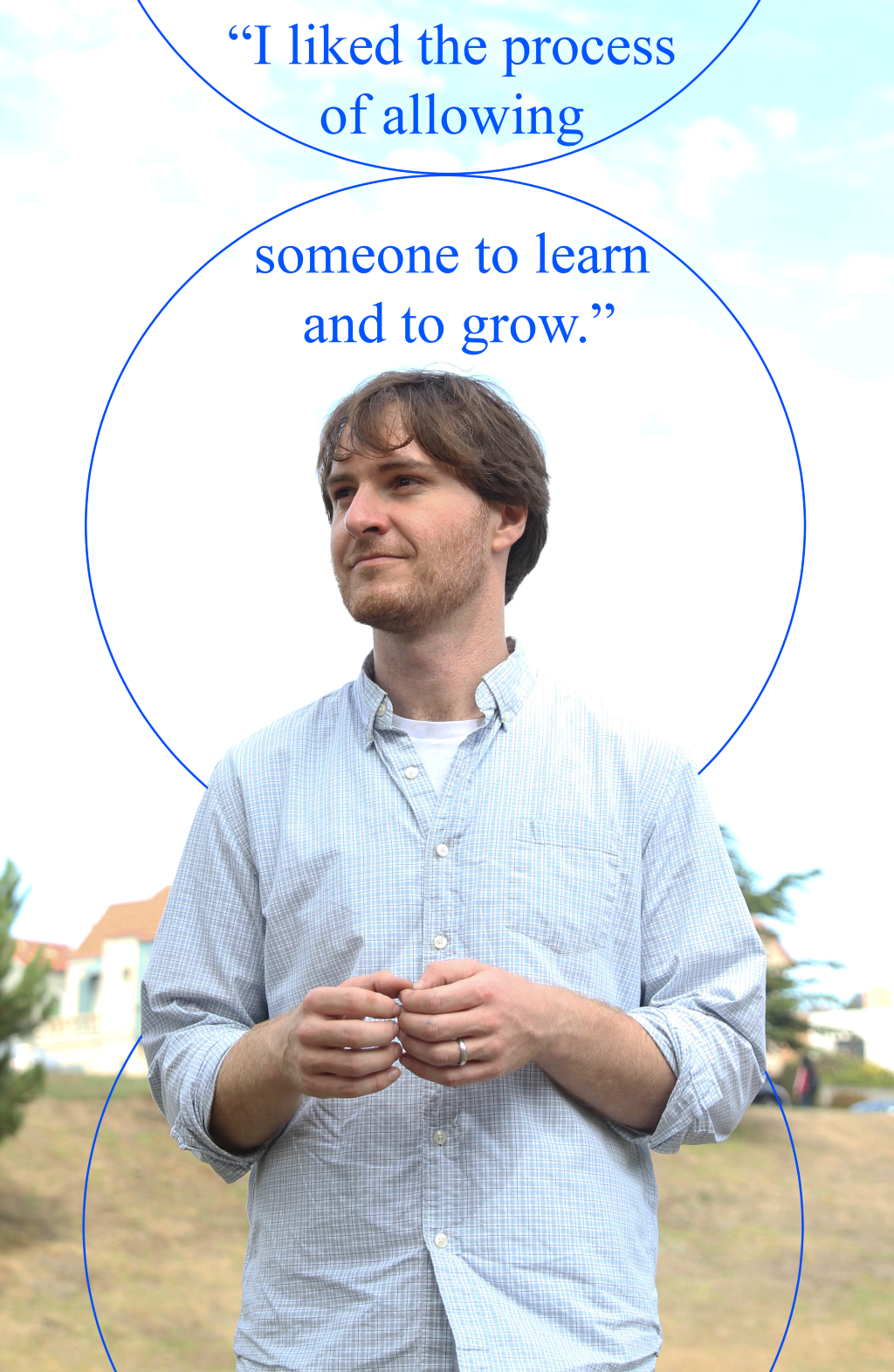
Math teacher Scott Fortin started off as a radio producer after graduating college. Then Fortin became a part of the email and privacy support team for Facebook. While training new employees at Facebook, he discovered his passion for teaching and inspiring growth in people. As a result, he quit his job to become a math teacher. Fortin began his teaching career at Washington High School as a student teacher, then was a full-time teacher at Mission High School for two years before making his move to Lowell.
What did you do before coming to Lowell?
I sort of view myself as having two previous careers. One was mostly in college. While I was at university, I got really into radio and there was a great radio station that I listened to growing up. They recruited a lot of people who I went to college with to work and operate this radio station. I was able to play the music that I loved and connect to tens of thousands of people over the radio. At the end of the day, I learned that I wanted to have a job where I have an effect on people.
So, my first real career after college was that I worked at Facebook. That was sort of similar to radio but on a much bigger scale. Instead of talking to 50 thousand people at a time, [my job] was helping people talk to each other. Tens of millions of people talk to each other, and how do we best facilitate that?
So, then, after doing that for a while, the company had gotten so big that it felt actually less personal. It felt like I was not actually understanding people any better, so I decided to become a teacher at that point because although the company had gotten so big and so corporate, I still enjoyed the training I would do at that company. I would hire new people and train them and make sure they were successful. I sort of decided to become a teacher at that point. I liked the process of allowing someone to learn and to grow, and I thought that being in the classroom was the best place for me.
What were your favorite subjects in high school or college?
I had always liked math in high school. I never felt like I was the best at math. I teach mostly freshmen, so what I say to them a lot is that they don’t have to be the best at math. But I do want them to love math because I want them to be able to talk about math with other people, which is an insanely valuable skill for them to have. For them to be able to at least interact with people who do very high-level math means that they can contribute towards that high-level math, even though they can’t do it themselves.
So was this why you chose to teach math?
Yeah, absolutely. I used math every single day in my old job. Those who could do math every single day generally fared better within companies than people who really struggled with numbers. Most jobs people around my age have within tech don’t necessarily require really high-level math, but they require the ability to make a lot of math calculations very quickly throughout the day. And, because of this, I thought that that was the area that I could help guide young people to feel strong and to feel confident in. If they improve, it would probably help set them up a little better down the line.
Are there any challenges or rewards to this job?
Grading is a challenge. There is a tremendous amount of pressure to be a good, thoughtful teacher. It’s definitely hard, especially because at a school like Lowell, we want to be at the top of our curriculum all of the time, right? If we do mess up, that prevents them from learning one day.
What has been your most memorable teaching moment?
I had twins last year. For the first two weeks, I thought they were the same person. They were in different classes and it wasn’t until I saw them at the supermarket [that I figured it out]. This was a week and a half in. One of them said “Hi” to me and then said, “My brother is here too.” And, I was thinking that that should not mean anything to me because I just have Jumarian. He walked me over and his brother was waiting in line with his mom. And, he looked at me and goes, “Hey Mr. Fortin!” And, I was so confused. I had Jumarian second period and Jumariay fifth period! They had coincidentally sat in the same exact seat so I hadn’t made the connection yet. That blew my mind.
What are some of your favorite hobbies?
I like to remain active, so I do crossfit and yoga and I started surfing this summer. I surfed once a week. It’s a great way to relax for a hour or two. I like to say that I gave up video games when I became an adult. I cook a lot instead; I feel like it uses the same part of the brain. The challenge of having all of these things to do and make something awesome come out in the end. Specifically, I am a baker. I do like sourdough bread. I’ll cook a little sourdough bread every three or four days. But I like the science of it: the fermentation that happens. It’s such a simple food item. Flour, water, salt is all I need. You just need to ferment and bake.
Ning Zhang, Chinese teacher
By Raine Hu
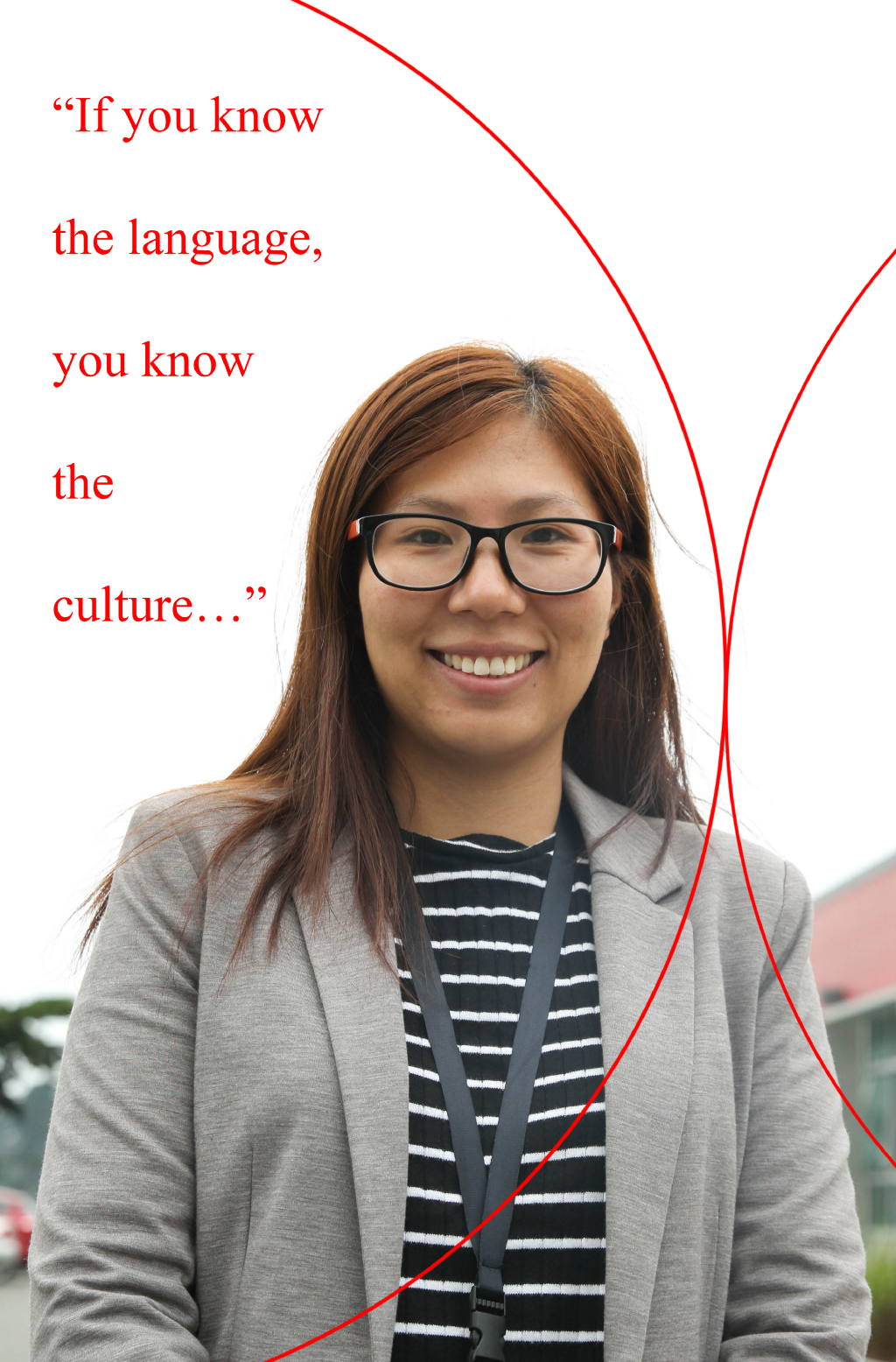
Chinese teacher Ning Zhang grew up in Henan, China and then immigrated to New York in her twenties. Two years ago, Zhang moved from New York to San Francisco. In New York, she also worked in a public high school similar to Lowell. After coming to San Francisco, she taught at Aptos middle School as an eighth grade Mandarin and social studies teacher.
What made you want to become a teacher?
It happened when I majored in mathematics in college, I took a class about teaching Chinese and writing songs. That was so interesting. So I started to think about how would I teach if I were the teacher? And then, in graduate school, I just applied to an education school. After that, I became a teacher.
What were your favorite subjects in school?
It was Chinese literature, called Tang Shi Song Ci. I came to America when I was almost 20. When I was an undergraduate, I chose a major in mathematics because I thought math was more useful than Chinese literature, something that I already knew. However, when I went to graduate school, I realized the beauty of Chinese, the beauty of language. If you know the language, you know the culture, then you understand people better, and you communicate better.
What were some challenges or rewards in your career as a whole?
There were a lot of challenges for me, the most important one that I overcame was understanding my students. It was the year after I graduated from graduate school, and I did not understand how to teach. So I learned a lot of [teaching] strategies in my classes. The first year after I graduated, I really wanted to teach students, I wanted to teach my students a lot. But could my students understand, could they digest so much stuff within one lecture? For me, I had everything right there to teach them. But students felt miserable, that was too much weight for them. I didn’t understand them, I would feel like my lecture was very logical and understandable, how could they just not get it? One day, my mentor said, “You can come to my class, I will show you.” That was a Spanish class, and I totally got lost. After that I understood my students felt the same way, they did not understand Chinese, so why was I teaching something so deep? It did not mean that I should lower the expectations, it meant that I needed to teach slower, I had to understand my students’ level. If you are teaching high school, it is different than middle school. Now I understand my students better.
What’s been your funniest moment as a teacher?
I am a totally different person after school. At school, I have to be professional as a worker. I need to think about what I look like, how I should behave. But at home, I am a totally lazy potato, I stay at my couch for the entire weekend. I can spend eight hours even sleeping there, watching movies and eating.
What inspires you?
My son inspires me to feel like a mother, so I think of things from different angles. For example, before I felt like if you fail a test, that is a big problem. How can you do that, especially if the test is so easy. But now, if my son fails a test, I should think about why he failed the test. There are a lot of difficulties in academic study. It could be a health problem, or a misunderstanding problem. For example, a student might have studied something that is not on a test. So I feel like I have learned a little bit about forgiveness.
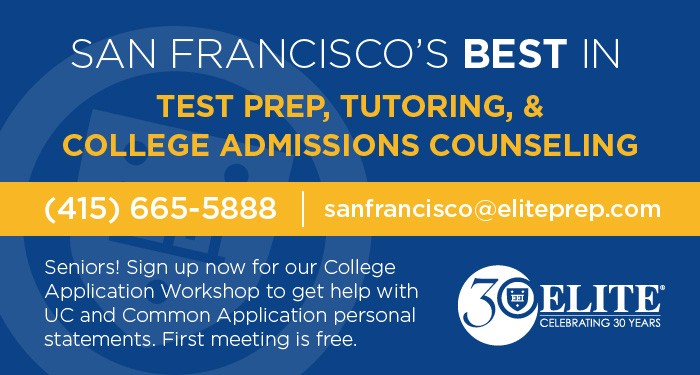
Eric Gustafson, Journalism advisor and English teacher
By Michelle Kim
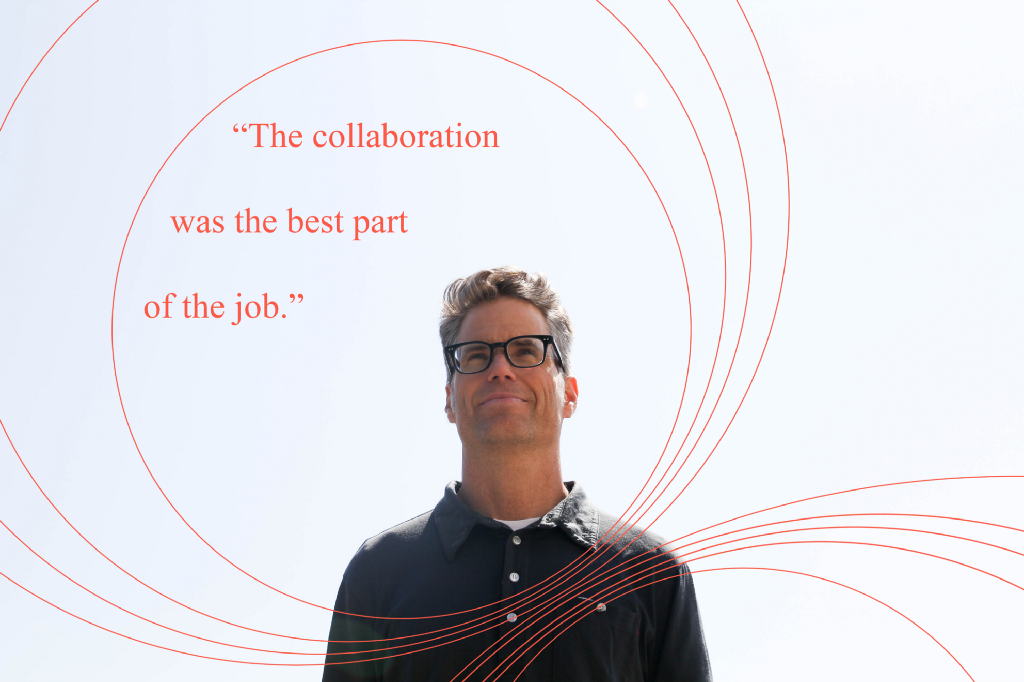
Journalism teacher and The Lowell advisor Eric Gustafson studied political science and history at UC San Diego. After graduation, he worked as an outdoor educator in Big Bear, California and then as a substitute teacher at a juvenile hall in Orange County. He then moved to Germany to teach English in Dresden.
His original plan upon returning was to get a teacher’s credential, but he decided to pursue a journalism career instead. Gustafson worked as an online travel writer for Worldview Systems in San Francisco, covering Germany and German-speaking destinations, as well as car racing. In 2000, he was hired by Novato car magazine publisher Ross Periodicals, where he served as editor of Sports Car International and other publications.
Then, after 20 years of writing and editing, Gustafson returned to teaching. He received his teacher credential from San Francisco State in 2015, having student-taught at Everett Middle School. He went on to teach English for two years at El Camino High School in South San Francisco, before eventually ending up at Lowell.
What was your favorite subject in high school and how did it influence you?
In high school, my favorite subject was history, and I had one history teacher who really influenced me. That teacher inspired me to study the 1950s, the Red Scare and the rise of the anti-communist movement in college. I was very interested in the Cold War.
The Wall came down in 1990, right after I graduated, and then, in 1991, the Soviet Union disintegrated. So something that I studied a lot actually came to an end.
That was one of the reasons why I ended up in Dresden. It was really interesting to be in the former Eastern Bloc. In my first English class, my students were all unemployed East Germans and their English was a part of the state-provided program that was helping them get a job. We were together six hours a day, everyday, for three months.
I enjoyed teaching in Germany and, when I came back [to the U.S.], I planned to get a teacher’s credential. But, at that point, I had started writing and there was a part of me that wanted to pursue a writing career.
Why else did you want to live in Germany?
Partly, it was my history, because my mother’s side of the family are all German immigrants. So, I got to know my German relatives and I studied German. Those two years were really a great experience. My first writing job was writing about Germany, so this experience gave me a lot to write about. It helped launch my career as a journalist.
Were there any challenges or rewards that came to being a journalist?
Working in a professional capacity [at Worldview Systems], we had editors, we had strict deadlines. It was a challenge and I had to learn a lot. It was difficult but it was also fun. We were a part of an editorial team and I think that’s something I really like to be a part of.
That’s why I am excited to join The Lowell. When I was a magazine editor, the collaboration was the best part of the job.
You worked as an automotive journalist. How did you get your start?
The first real piece of automotive journalism that I had published was called “The Triumph of the Trabbie.” It was about driving an East German car called a Trabant from Budapest, Hungary to Mannheim Germany. It was kind of a funny piece. It was published on the Travelocity website. I used that story to get published on other sites.
It was an exciting time, the ’95, ’96, ’97 period, when the web was a new frontier. It was fairly easy to get published, which is always the biggest hurdle in starting a writing career. Then, in 1998, Worldview Systems went out of business, which really accelerated, not to use an automotive pun, my freelance writing career.
What are some of your hobbies?
My favorite thing to do is bodysurfing. It’s surfing without a surfboard, so it just a wetsuit and a pair of fins, though sometimes I use this thing called a handplane. It’s something that I’ve been doing since I was a little kid. I did do boogie boarding. And then I got into surfing and I was on the surf team in college, but I always just loved being in the ocean — just swimming in the ocean, and riding waves without a board. So, it’s something I do a lot. I’m really into cycling, too, so most days I ride my bike here. I have done some long-distance off-road events. Those are probably my two main passions.
Amanda Klein, United States and World history teacher
By Olivia Moss
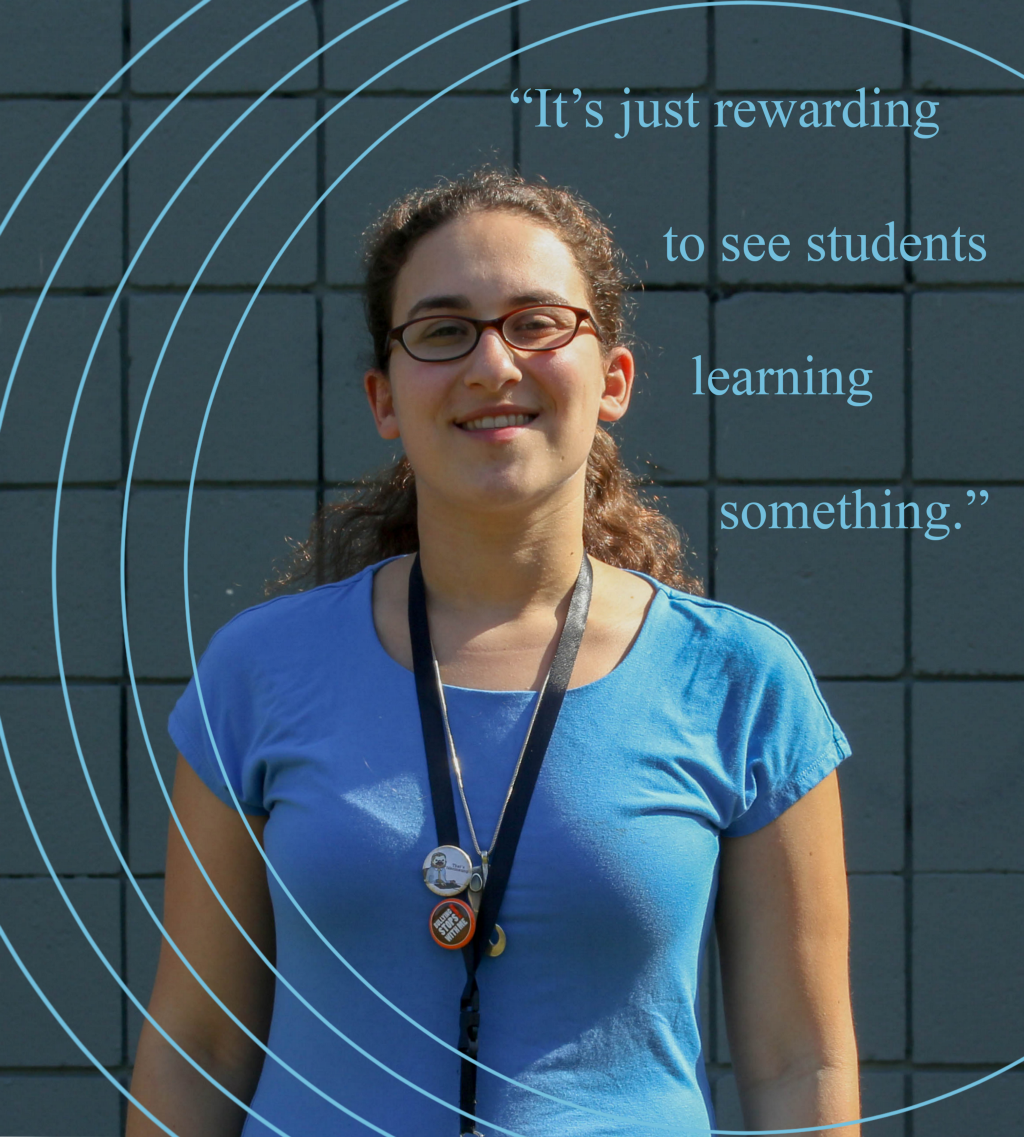
For a long time, United States and World history teacher Amanda Klein couldn’t visualize herself in any specific career. “I didn’t really know what I wanted to do for a long time, like all through high school or college I would kind of think about it but couldn’t visualize anything in particular,” she said. “And so I was excited when I found teaching because it was what I wanted to do and I really enjoyed it.” In college, Klein cultivated her love of working with students by being a camp counselor and tutoring while studying history in school. She decided to put those two passions together and started teaching at Hillsdale High School in San Mateo immediately after graduating. She also taught at Aragon High School in San Mateo before coming to teach at Lowell.
During her high school years, Klein loved the extracurricular activities she was involved in. She was part of her school’s literary magazine, theatre program, and tennis team. She still enjoys playing tennis as well as reading, hiking, and watching Netflix.
What’s your impression of Lowell so far?
I’ve been super impressed by the students that I’ve met, everyone’s been very welcoming and friendly and also just engaged in the content. It’s been a little weird getting used to the fact that there’s no bells, so everybody just comes to class, and I think that’s very impressive. It’s a very collegial, kind of like college atmosphere and everyone takes it seriously, which is cool.
What’s your favorite part of teaching?
That would be just getting to know students, interacting with them and seeing what interests them, hearing about their lives, being able to make things in the classroom that are relevant to them, and seeing them excited about the material.
You mentioned that art was one of your favorite subjects — how do you incorporate that into your history classes?
When I was in school, art was my favorite subject. I wasn’t particularly good at it, but I just kind of like the creative aspect and so I try and incorporate that into some of the assignments I give students. For example, they had to make an American Dream poster that represents their version of the American Dream and I gave them the freedom to visualize that however they wanted, whether it was by drawing, or printing out pictures or writing different phrases, so letting them have some of the creativity and control over their own product is good.
What have been some challenges and rewards in your career as a whole?
One of the challenges as a history teacher is when schools are hiring teachers, there’s often math and science teachers, they always need those, because there’s a lot of things that a scientist can go and do, with history teachers tons of people really love history and love students and once they get those jobs they don’t ever want to leave, and so there tends to be fewer spots. So one of the challenges when I was first getting a job was just finding a job because there weren’t as many positions available. Which is not a bad thing, it’s because history teachers love to teach and love history but it means that it’s hard for a new teacher coming in to get into the swing of things.
Most of the challenges have been logistical, making sure that your copies are ready on time or that you have the materials that you need. So those kinds of things tend to be the challenges, just making sure that everything runs how you want it to run, and timing sometimes or various things that get in the way of what’s important, which is teachers and students learning something interesting together.
It’s just rewarding to see students learning something, so when there’s an activity that goes really well and the kids are like “ah that was so cool,” and telling you about what they learned, that’s the rewarding part.
What inspires you?
I would have to say that my students inspire me. Specifically, getting to know students and the challenges that they face and overcome, and seeing them start to figure out their own perspectives on the world and find the things they are passionate about, that inspires me and makes me want to come to school and be a part of their journeys of discovery.
These interviews have been edited and condensed by Zahra Rothschild and Tammie Tam.
